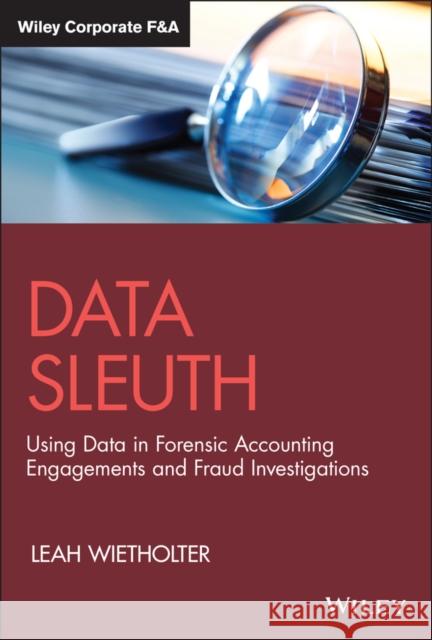Data Sleuth: Using Data in Forensic Accounting Engagements and Fraud Investigations » książka
topmenu
Data Sleuth: Using Data in Forensic Accounting Engagements and Fraud Investigations
ISBN-13: 9781119834380 / Angielski / Twarda / 2022 / 288 str.
Kategorie:
Kategorie BISAC:
Wydawca:
John Wiley & Sons Inc
Seria wydawnicza:
Język:
Angielski
ISBN-13:
9781119834380
Rok wydania:
2022
Numer serii:
000395249
Ilość stron:
288
Oprawa:
Twarda
Wolumenów:
01











